Poor Mr Bergstresser. He put up the money to start the financial reporting company but his name wasn’t as snappy as those of his two partners, so ‘Dow Jones’ it was. At least he got the rewards, though, unlike Mr Taylor: the grocer sold out to Mr Waite and Mr Rose after just a couple of years, hence Waitrose. Other ‘people’ never existed in the first place. Faber & Faber was started by Geoffrey Faber on his own: he added the second name to sound more respectable. And there was no Mr Aston — Lionel Martin raced his cars at Aston Clinton in Buckinghamshire. His wife realised that the combination would put the firm near the beginning of alphabetical trade directories.
Other people sort of existed. Littlewoods (as in the football pools) was founded by three people who couldn’t let their employer know what they were doing for fear of the sack, so one of them, Colin Askham, who had been orphaned as a baby and brought up by an aunt, used his birth name. Dixons, meanwhile, was opened (as a photographic shop) by Charles Kalms and Michael Mindel. But their premises in Southend had room for only six letters, so they picked a name out of the phone book.
Some company names depend on wordplay. Oprah Winfrey’s production company is called Harpo (Oprah backwards), much as the Beatles’ US merchandising company was Seltaeb. Ingvar Kamprad was born on a farm called Elmtaryd near the village of Agunnaryd, hence IKEA. Less obviously Swedish is middle England’s beloved Aga: the oven was produced by the firm Svenska Aktiebolaget Gasaccumulator (‘Swedish Gas Accumulator’). Haribo was started by Hans Riegel of Bonn, Qantas stands for Queensland and Northern Territory Aerial Services, and Amstrad denotes ‘Alan Michael Sugar Trading’. Hotmail took its name from HTML, and indeed was initially written as HoTMaiL.
Vodafone adopted a similar approach (‘Voice, Data, Telefone’), but other technology firms were more oblique. Jeff Bezos chose Amazon because it’s the world’s most voluminous river, symbolising the amount of business he hoped to do. Apple commemorates the summer Steve Jobs spent working in an orchard, while BlackBerry came from the device’s keyboard buttons, which resemble the fruit’s surface. Yahoo’s founders were making a joke against themselves, choosing the name in Gulliver’s Travels for a deformed savage. Literature also gave us the world’s most famous coffee chain: Starbuck is the chief mate in Moby-Dick.
Some firms seek inspiration in the classics. Argos was the Greek city in which Richard Tompkins was holidaying when he had the idea for the store. The carmaker August Horch translated his surname (which means ‘listen’ in his native German) into Latin and got Audi. Volvo, on the other hand, is Latin for ‘I roll’ — the firm originally made ball bearings. The sportswear firm ASICS took mens sana in corpore sano (a healthy mind in a healthy body) and changed the first word into anima (spirit). The drinks company Diageo (motto: ‘Celebrating life, every day, everywhere’) combines both languages: dia is Latin for ‘day’, geo Greek for ‘world’.
But beware of overthinking things. You might assume that Lego came from the Latin for ‘I collect’. Actually it’s a shortening of leg godt, the Danish for ‘play well’.
Got something to add? Join the discussion and comment below.
Get 10 issues for just $10
Subscribe to The Spectator Australia today for the next 10 magazine issues, plus full online access, for just $10.
You might disagree with half of it, but you’ll enjoy reading all of it. Try your first month for free, then just $2 a week for the remainder of your first year.

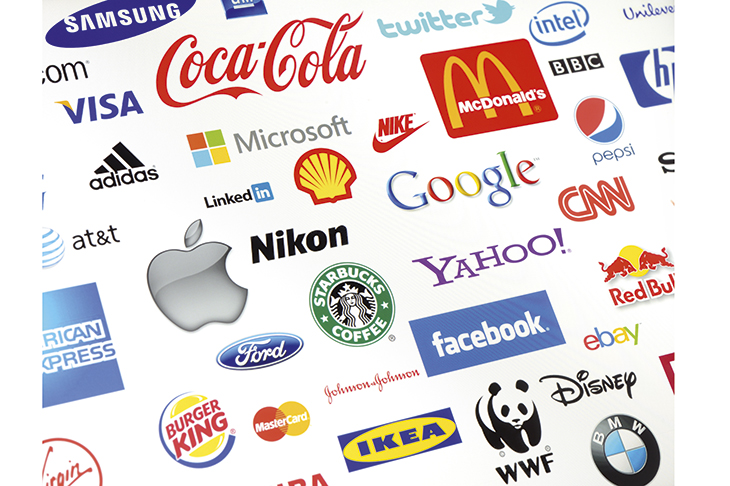
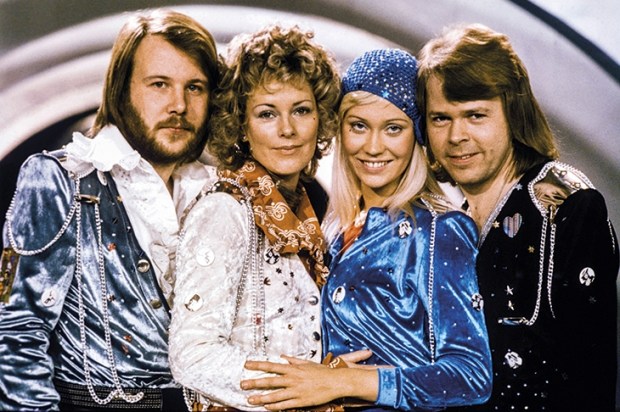
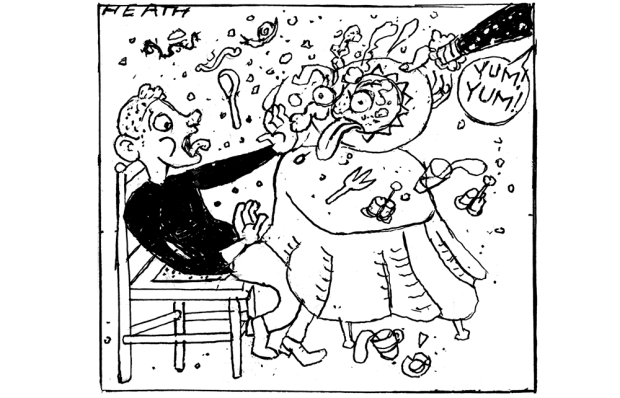
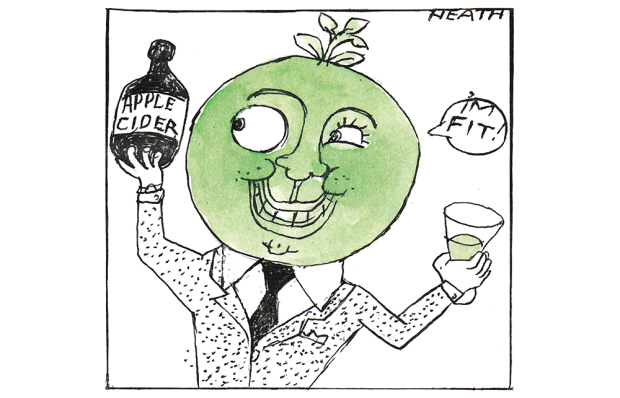
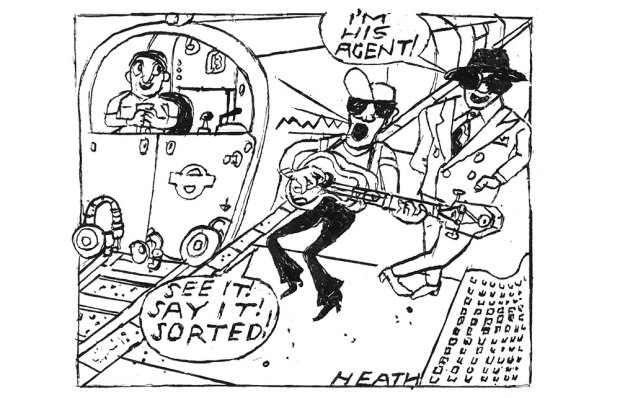
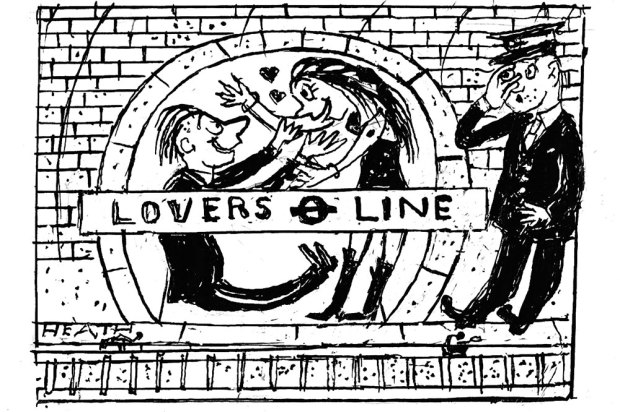
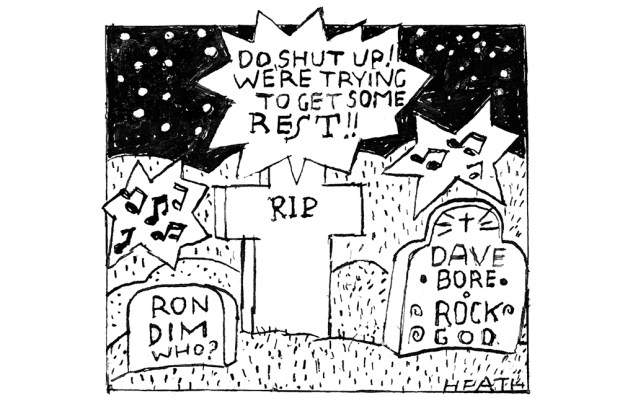






Comments
Don't miss out
Join the conversation with other Spectator Australia readers. Subscribe to leave a comment.
SUBSCRIBEAlready a subscriber? Log in